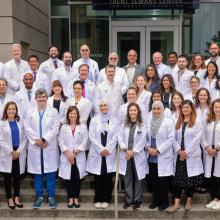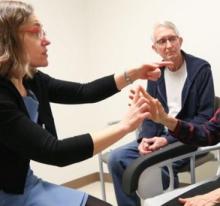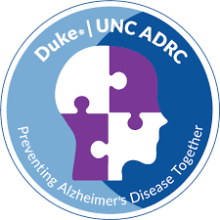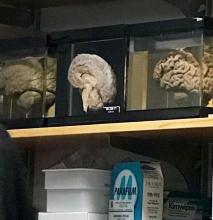Most people have occasional memory lapses. Often the problem is a normal consequence of stress or aging. However, when memory lapses begin to interfere with everyday function, such as job performance or other independent functions, assistance from health professionals who specialize in the problems of memory loss may be needed.
Latest News
Dr. Liu discusses the importance of paying attention to and addressing possible signs of memory changes in relatives.






